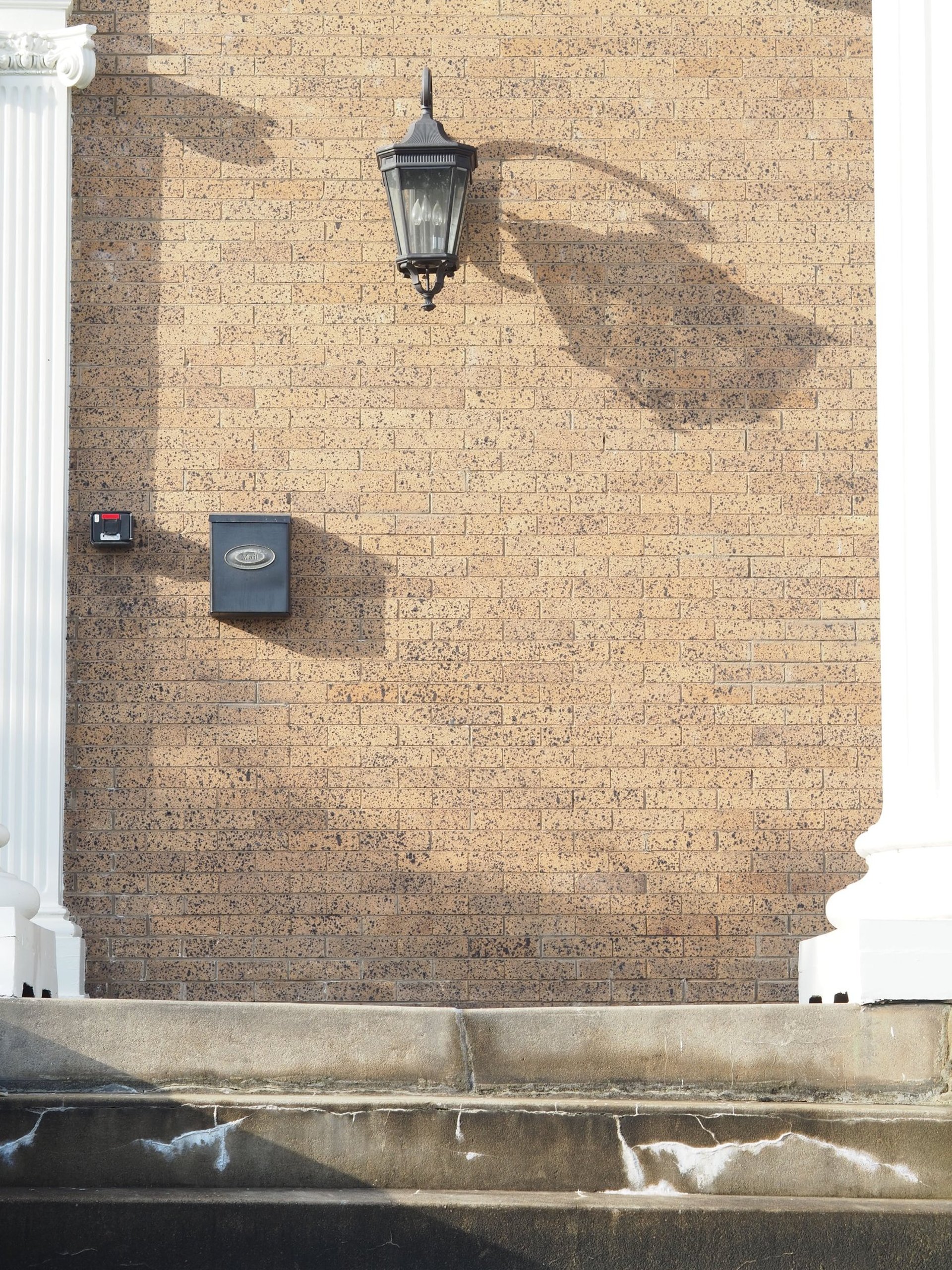
Second DWI in Arkansas: Penalties, Jail Time, and How to Fight Back
A second DWI in Arkansas means harsher penalties and higher stakes. Learn what’s coming — and how Ludwig Law Firm builds strong defenses to protect your future.
DWI/DUI
⚖️ Penalties for a Second DWI in Arkansas
7 days to 1 year in jail (mandatory minimum)
$400 to $3,000 in fines
24-month driver’s license suspension
Mandatory ignition interlock device
Longer DWI education or treatment programs
A second offense can also trigger enhanced penalties if it occurs within five years of the first.
If you’re facing a second DWI in Arkansas, you’re in dangerous territory. Prosecutors assume you didn’t “learn your lesson.” Judges are less forgiving. And the penalties get a lot worse.
But that doesn’t mean you’re out of options. In fact, this is exactly when you need a Little Rock based, trial-tested DWI lawyer in your corner.
As always - if you have a legal question you want answered in a future blog, submit it via the form on this page. Now, let's dive in!
Don’t Let a Second Mistake Define You
The difference between jail time and walking free often comes down to one decision: who you hire to defend you.
Ludwig Law Firm prepares every case like it’s going to trial — because that’s how we win.
📞 Call Ludwig Law Firm today at 501-838-4043
🌐 Visit us at ludwiglawfirm.com
📍 Proudly serving clients across Arkansas
Disclaimer: The information provided in this blog is for general informational purposes only and is not intended as legal advice. Reading this blog or interacting with Ludwig Law Firm through this content does not create an attorney-client relationship. Every legal case is different, and you should not act or rely on any information in this blog without first consulting with a licensed attorney about your specific situation. For legal guidance tailored to your needs, please contact Ludwig Law Firm directly.
Our Defense Strategies for Second-Offense Cases
We know the stakes are higher — and we build defenses to match. That includes:
Investigating field sobriety test errors
Challenging the calibration and maintenance records of BAC devices
Arguing procedural violations by law enforcement
Negotiating plea deals that avoid jail and reduce charges
Best Outcomes Attorneys Can Secure
Dismissal based on constitutional or procedural violations
Reduction to a first-offense level charge
Avoiding jail time through treatment-focused alternatives
Restoration of driving privileges
Ludwig’s Strategic Advantage: Why Our Arkansas Defense Lawyers Simply Win
Our firm tries DWIs all the time. That trial-tested reputation matters in DUI and DWI cases, where evidence like breathalyzer tests and traffic stop procedures can be challenged. For more than 43 years, Ludwig Law Firm has defended Arkansans facing charges in fast-moving courts.
When additional trial strength is needed, we partner with Harry Warden, a Little Rock criminal defense lawyer. Together, Ludwig and Warden Law Firms deliver the full spectrum of defense: thoughtful guidance and bold trial advocacy.
Other DWI Blogs
How Much Does a First-Time DWI Really Cost in Arkansas?
Can You Get a DWI Dismissed in Arkansas? The Role of Evidence In Trial Outcomes.
Do DWIs in Arkansas Add Points to My Record? Understanding State Penalties
How to Reinstate Your Driver’s License After a DWI in Arkansas
DWI Checkpoints in Arkansas: What to Expect and Legal Defenses
What Happens If You Drive on a Suspended License in Arkansas? Ludwig Law Firm Explains
Can You Get a DWI on Private Property in Arkansas? What the Law Really Says
Contact Us
For a Free Case Evaluation

Arrested for DWI/DUI?
Fill Out This 10-Question Survey
For Your Free Evaluation!

Why Arkansans Choose Ludwig DWI Defense


Frequently Asked Questions
Is a DUI less serious than a DWI in Arkansas?
Not necessarily. Both carry fines, suspensions, and can affect your record.
Can someone under 21 get a DWI in Arkansas?
Yes, if their BAC is 0.08% or higher. Otherwise, they are usually charged with DUI.
Does a DUI or DWI stay on your record forever?
It depends on the case. Some convictions may be eligible for sealing under Arkansas law.


